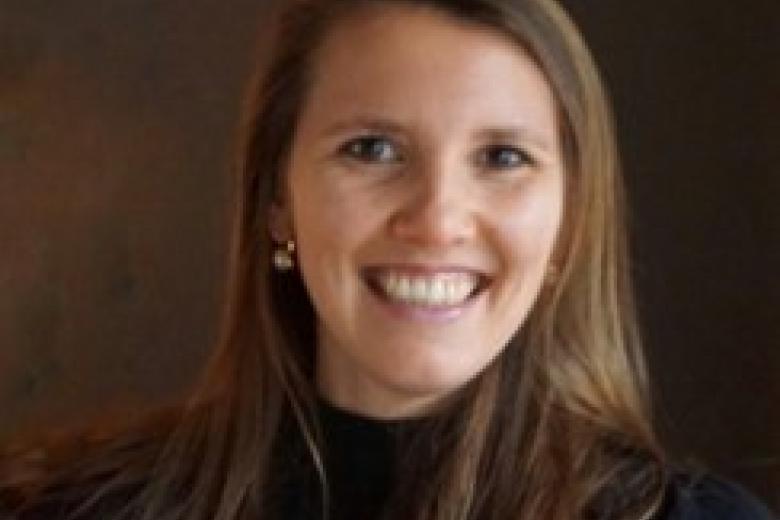Half-million-euro grant for Maastricht research into lung tumours
The Dutch Cancer Society (KWF) will fund Maastricht-based research into lung tumours with a €498,000 grant. The grant was awarded to Professor Ernst-Jan Speel (Pathology) and Professor Anne-Marie Dingemans (Pulmonary disease) of the Maastricht UMC+.
The research in question examines predictive markers for metastases following surgical removal of lung tumours known as pulmonary carcinoids. This new grant will be used to initiate a follow-up study into the predictive value of two previously identified genes with respect to the development of metastases.
In cooperation with Dr Fernandez-Cuesta of the International Agency for Research on Cancer (IARC, Lyon), these rare tumours will be analysed with the help of so-called next-generation sequencing, a new method of DNA research in which all desired genes can be examined simultaneously for the presence of pathogenic mutations.
Also read
-
No evidence of brain damage caused by severe COVID-19
Patients admitted to hospital due to a severe COVID-19 infection exhibit no evidence of brain damage caused by the disease. This is the conclusion of an extensive study led by Maastricht University.

-
Cold shivers?
Due to the Western lifestyle with a high fat diet combined with little exercise, more and more people in the Netherlands are overweight or even obese. This causes an increased risk of type II diabetes. What can be done about this besides a healthier lifestyle? The answer comes from an unexpected...

-
Quantity and Quality
Survivors of colon cancer often have symptoms associated with the cancer or treatment for years after treatment, such as fatigue and tingling in fingers and feet. This has a great impact on the perceived quality of life. Whereas current lifestyle advice is mainly aimed at prevention of (colon)...
